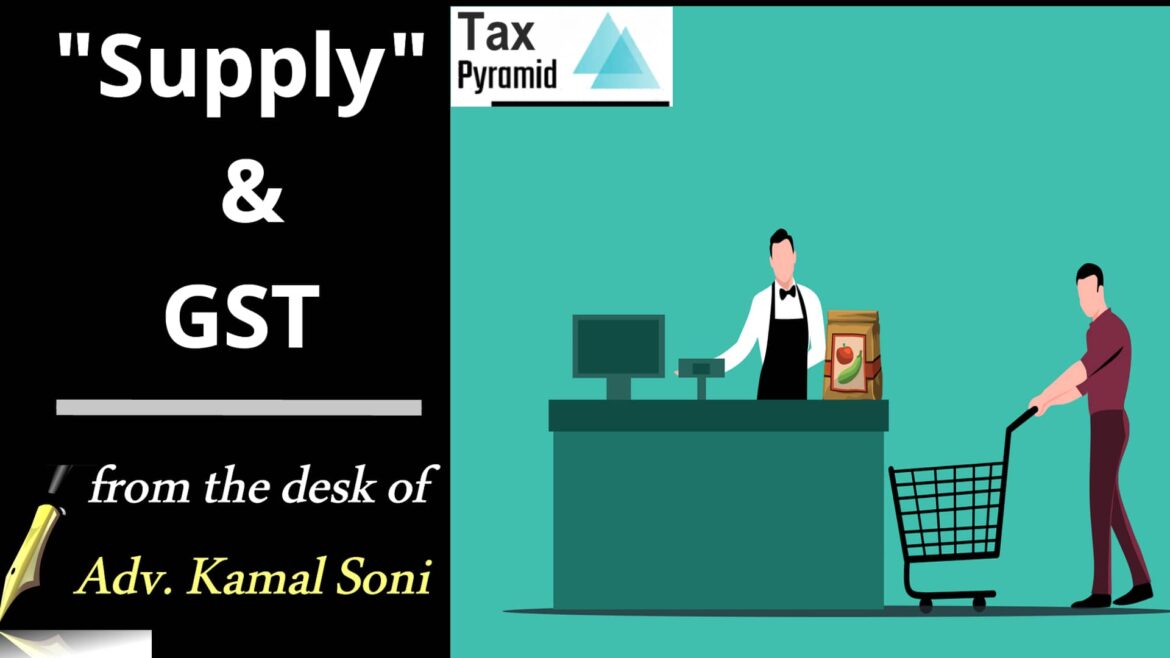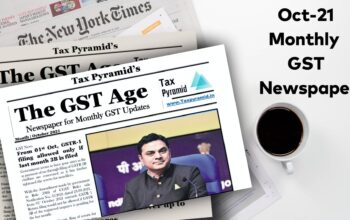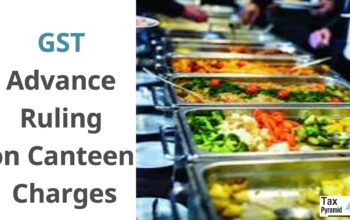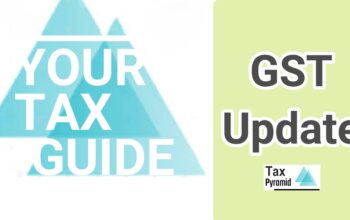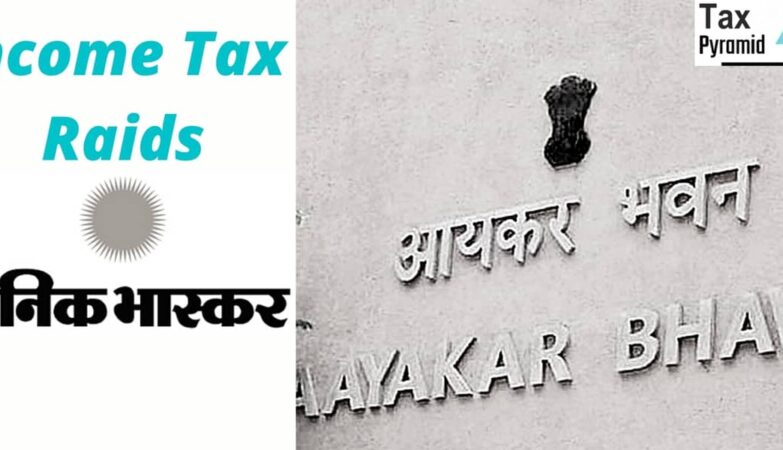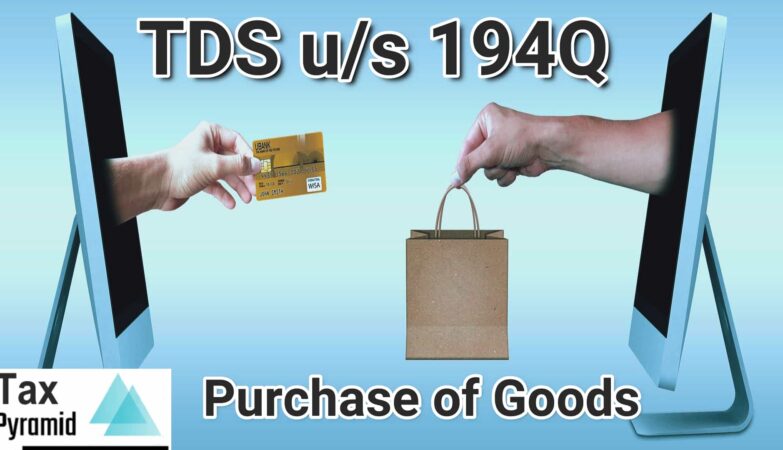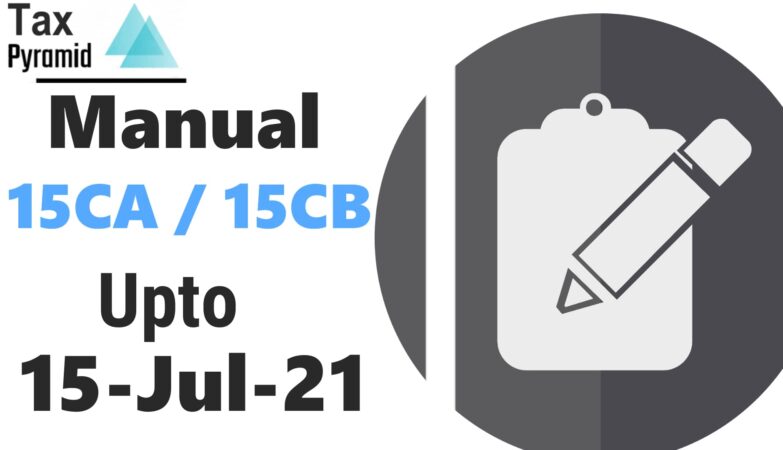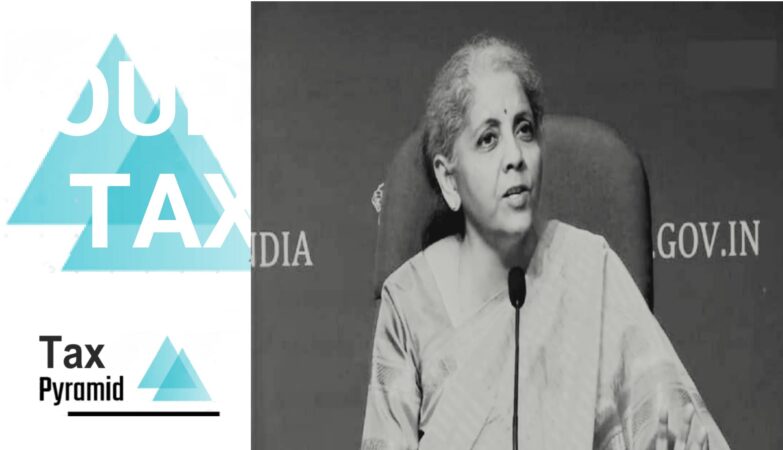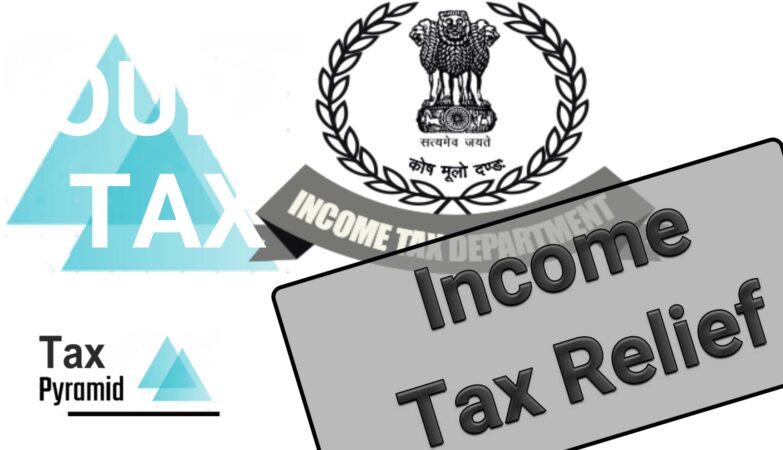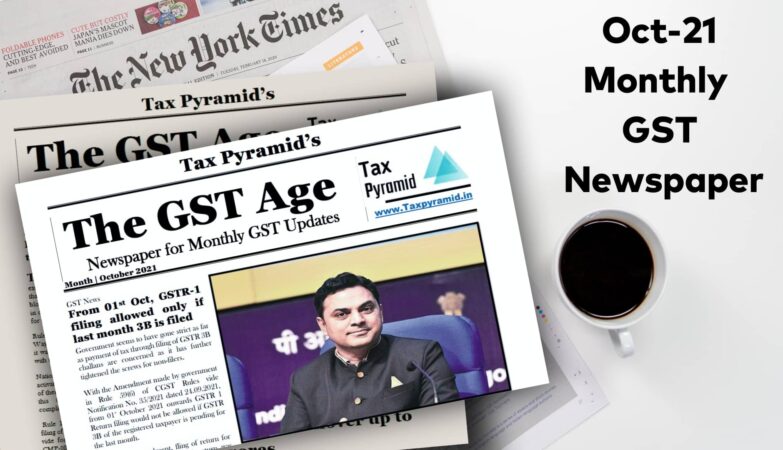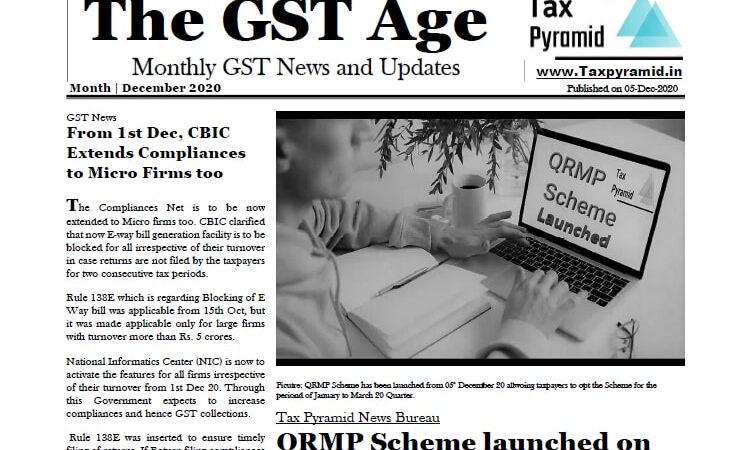
General meaning of Supply by various dictionaries:
Concise Oxford Dictionary
To provide or furnish (a thing needed), provide, meet or make up for (a deficiency or need etc.)
Merriam Webster
The quantities of goods or services offered for sale at a particular time or at one price
Dictionary.com
To furnish or provide
Economic Concept of Supply
The concept of supply in economics is complex with many mathematical formulas, practical applications and contributing factors. While supply can refer to anything in demand that is sold in a competitive marketplace, supply is most used to refer to goods, services, or labor. One of the most important factors that affect supply is the good’s price.
Supply as per GST Act:
Section 7(1) of CGST Act, 2017:
It states that the expression ‘Supply’ includes:
- all forms of supply of goods or services or both such as sale, transfer, barter, exchange, licence, rental, lease or disposal made or agreed to be made for a consideration by a person in the course or furtherance of business;
- import of services for a consideration whether or not in the course or furtherance of business;
- the activities specified in Schedule I, made or agreed to be made without a consideration; and
- the activities to be treated as supply of goods or supply of services as referred to in Schedule II.
The said Section has been amended through the CGST (Amendment) Act, 2018 with retrospective effect i.e. with effect from 01.07.2017. As per the amendment, clause (d) has been deleted and accordingly the expression ‘Supply’ includes:
- all forms of supply of goods or services or both such as sale, transfer, barter, exchange, licence, rental, lease or disposal made or agreed to be made for a consideration by a person in the course or furtherance of business;
- import of services for a consideration whether or not in the course or furtherance of business;
- the activities specified in Schedule I, made or agreed to be made without a consideration (refer Schedule I).
Through this amendment, a new sub-section 1A in Section 7 of CGST Act 2017 also has been inserted w.e.f., which read as under.
“1A where certain activities or transactions constitute a supply in accordance with the provisions of sub-section (1), they shall be treated either as supply of goods or supply of services as referred to in Schedule II.”
Now, before we go further, it is sine qua non, to know what the schedules annexed to this section, are speaking for.
Schedules of CGST Act and Supply therein
Schedule I: Transactions subject to GST, even if there is no consideration.
(1) Permanent transfer/disposal of business assets where input tax credit has been availed on such assets.
(2) Supply of goods or services between related persons or between distinct persons as specified in Section 25, when made it in the course or furtherance of the business.
(3) Supply of goods by; (a) a principal to his agent where the agent undertakes to supply such goods on behalf of the principal or (b) an agent to his principal where the agent undertakes to receive such goods on behalf of the principal.
(4) Import of services by a taxable person from a related person or from any of his other establishments outside India, in the course or furtherance of business.
Thus, above transactions, made or agreed to be made without a consideration are the ‘supply’ as specified under Section 7(1) (c) of CGST Act and hence are subject to GST. The valuation for the purpose of GST will be as per GST Valuation Rules.
Schedule II: Deemed supply of goods and services.
(1) Transfer:
(a) Any transfer of the title in goods, is a supply of goods.
(b) Any transfer of goods or of right in goods or of undivided share in goods, without the transfer of title thereof, is a supply of services.
(c) Any transfer of title in goods under an agreement which stipulates that property in goods will pass at a future date upon payment of full consideration, is a supply of goods.
(2) Land and Building:
(a) Any lease, tenancy, easement, licence to occupy land, is a supply of service.
(b) Any lease or letting out of the building for business or commerce, either wholly or partly; is a supply of service.
(3) Treatment or process:
Any treatment of process which is being applied to another person’s goods; is a supply of service.
(4) Transfer of business assets:
(a) Transfer of goods forming part of an asset of a business, whether or not for a consideration, is a supply of goods.
(b) Where, by or under the direction of a person carrying on a business, goods held or used for the purposes of the business are put to any private use or are used, or made available to any person for use, for any purpose other than a purpose of the business, whether or not for a consideration, the usage or making available of such goods is a supply of service.
(c) Where any person ceases to be a taxable person, any goods forming part of the assets of any business carried on by him shall be deemed to be supplied by him in the course or furtherance of his business immediately before he ceases to be a taxable person, unless – (i) the business is transferred as a going concern to another person; or (ii) the business is carried on by a personal representative who is deemed to be a taxable person.
Supply of services:
(a) Renting of immovable property.
(b) Construction of a complex, building, civil structure or a part thereof, including a complex or building intended for sale to a buyer, wholly or partly, except where the entire consideration has been received after issuance of completion certificate, where required, by the competent authority or after its first occupation, whichever is earlier.
(c) Temporary transfer or permitting the use or enjoyment of any intellectual property right.
(d) Development, design, programming, customisation, adaptation, up gradation, enhancement, implementation of information technology software.
(e) Agreeing to the obligation to refrain from an act, or to tolerate an act or a situation, or to do an act.
(f) Transfer of the right to use any goods for any purpose (whether or not for a specified period) for cash, deferred payment or other valuable consideration.
(6) Composite supply:
(a) Works contract as defined in clause (119) of section 2
(b) Supply, by way of or as part of any service or in any other manner whatsoever, of goods, being food or any other article for human consumption or any drink (other than alcoholic liquor for human consumption), where such supply or service is for cash, deferred payment or other valuable consideration.
(7) Supply of goods:
Supply of goods by any unincorporated association or body of persons to a member thereof for cash, deferred payment or other valuable consideration.
Schedule III: Matters those will not be treated as supply of goods or services as mentioned in Section 7 (2)
(a) Services by an employee to the employer in the course of or in relation to his employment
(b) Service by any Court OR Tribunal established under any law for the time being in force.
(c) (i) The functions performed by the Members of Parliament, Members of State Legislature, Members of Panchayats, Members of Municipalities and Members of other local authorities
(ii) The duties performed by any person who holds any post in pursuance of the provisions of the Constitution in that capacity.
(iii) The duties performed by any person as a Chairperson/Member/ Director in a body established by the Central Government/State Government/local authority and who is not deemed as an employee before the commencement of this clause.
(d) Services of funeral, burial, crematorium or mortuary including transportation of the deceased.
(e) Sale of land and, building (excluding, sale of flat in a complex after completion or after its first occupation).
(f) Actionable claims, other than lottery, betting and gambling.
(g) Supply of goods from a place in the non-taxable territory to another place in the non-taxable territory without such goods entering into India.
(h) a) Supply of warehoused goods to any person before clearance for home consumption;
(b) Supply of goods by the consignee to any other person, by endorsement of documents of title to the goods, after the goods have been dispatched from the port of origin located outside India but before clearance for home consumption.
Thus, the events mentioned as above under Schedule I (even if there is no consideration) and under Schedule II (deemed supply of goods and services) are classified as ‘TAXABLE’ events under GST.
However, in the event of transactions without consideration such as ‘Free Samples and Gifts’, ‘Buy one, get one free offer’, ‘Buy more, save more offer’, a relief has been given by Circular No. 92/11/2019-GST, dated 7th March, 2019. Through this Circular, the relief in terms of allowance of Input Tax Credit to the supplier for the inputs, input services and capital goods used in relation to such above supply, has been given. For simple understanding of availment of credit to a certain extent depends on the taxability at the time of supply of such free samples / free supplies. The same has been summarised as under:
Transaction | Outward Supply | Credit Availment |
Samples – Products are marked as “Physicians Sample” or “Not for sale”
| No output tax required to be paid | Credit to be reversed on cost |
Samples – Products are drawn out of finished goods and then offered as samples | Output Tax to be paid on sale price (Schedule 1 – Permanent Transfer of Business Assets on which credit has been availed) | Credit will be available |
Free Supplies – Extra Units of the product offered | Output Tax to be paid on sale price unless the billing or packaging mechanism is changed (Schedule 1 – Permanent Transfer of Business Assets on which credit has been availed) | Credit will be available |
Free Supplies – Extra Quantity offered in the same unit | No separate treatment – Discharge of tax on the sale of the unit itself is sufficient | Credit will be available |
Disclaimer: Nothing contained in this document is to be construed as a legal opinion or view of the author whatsoever and the content is to be used strictly for educative purposes only.

